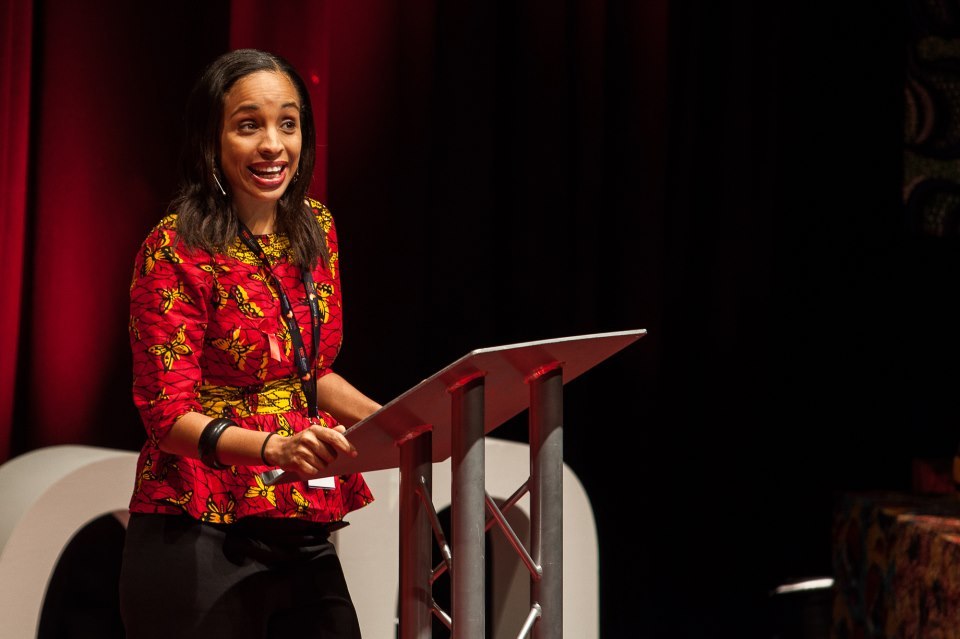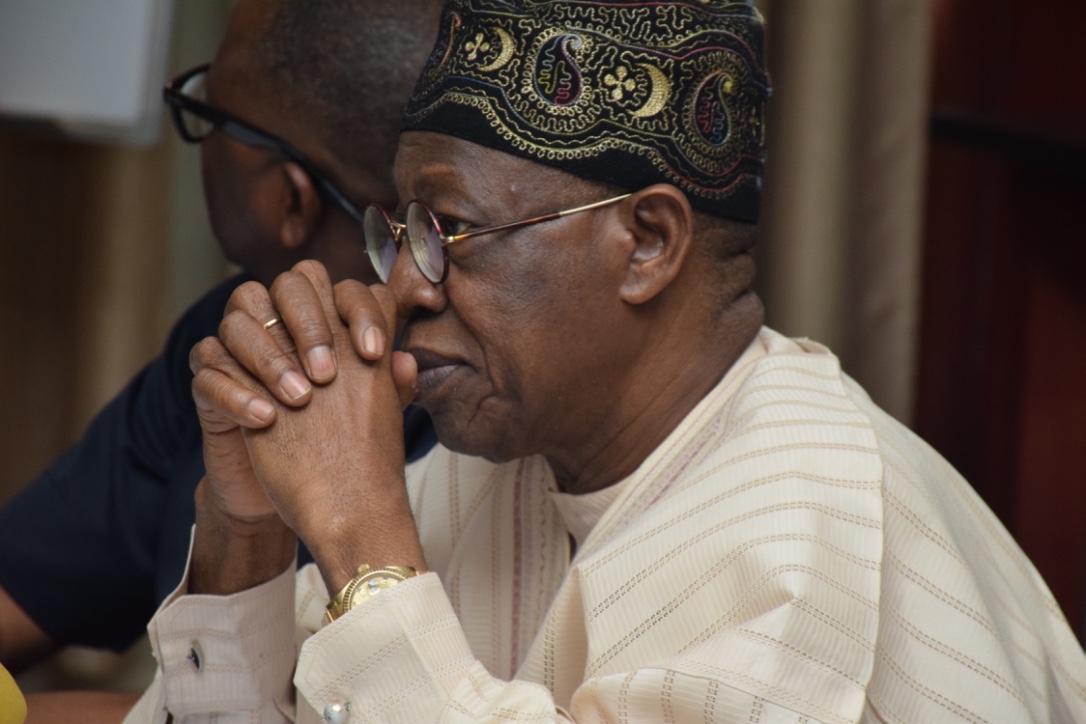Ndidi Nwuneli, managing partner and co-founder of Sahel Consulting Agriculture & Nutrition Ltd., has described entrepreneurs as the lifeblood of Africa’s agriculture sector.
Nwuneli, who also founded LEAP Africa, a youth-focused leadership development nonprofit organisation, was speaking at a virtual conference to commemorate the 10th anniversary of Sahel Group that held on November 24.
The Sahel Group includes Sahel Consulting Agriculture and Nutrition Limited (Sahel Consulting), Sahel Capital Agribusiness Managers Limited (Sahel Capital), and Nourishing Africa.
Speaking during the conference themed ‘Zero Hunger: Africa’s Private Sector Driving Innovation and Growth’, Nwuneli said the engagement of stakeholders across the food ecosystem including entrepreneurs, policymakers, youth, and farmers is necessary to achieve the sustainable development goal (SDG) of zero hunger by 2030.
Advertisement
In his address, Akinwumi Adesina, president of the African Development Bank Group (AfDB), said African countries must make judicious use of the Africa Continental Free Trade Area (AfCFTA) by increasing food production through agro-industrialisation that supports smallholder farmers and the private sector.
He commended Sahel Capital for its hard work in transforming the agriculture sector, through its effective management of the Fund for Agricultural Finance in Nigeria (FAFIN), a private equity fund for small and medium-sized agribusinesses.
On her part, Agnes Kalibala, president of Alliance for a Green Revolution in Africa (AGRA), urged stakeholders not to relent on their commitment to increase food production.
Advertisement
According to Kalibala, Africa’s private sector handles 80 percent of food consumed on the continent and 48 percent of food consumed in urban areas.
She praised African entrepreneurs as dynamic and vibrant, encouraging stakeholders to appreciate their input in improving Africa’s agriculture and nutrition landscape.
Rajiv Shah, president of The Rockefeller Foundation, said there is a need to focus on nutrition and sustainability, rather than just increasing food production.
He emphasized the importance of energy in achieving SDGs, listing the efforts of the foundation in ending energy poverty in the world.
Advertisement
Also speaking, Lawrence Haddad, executive director of Global Alliance for Improved Nutrition (GAIN), explained that small and medium-sized enterprises must be investor-ready and fully aware of the finance mechanism available to them in order to improve their businesses.
He added that the future of Africa’s food system is hinged on developing new models to circumvent challenges faced in Europe and other western countries.






